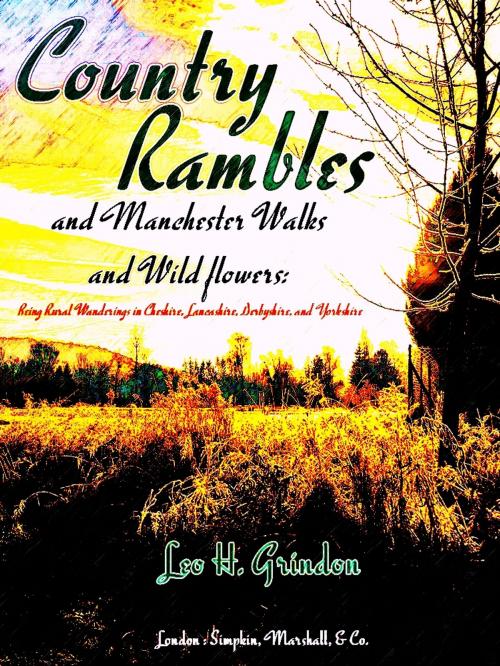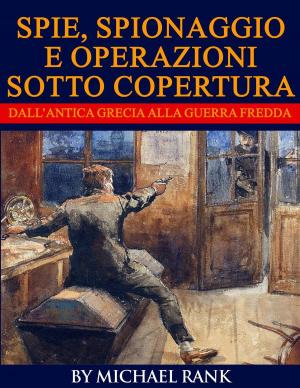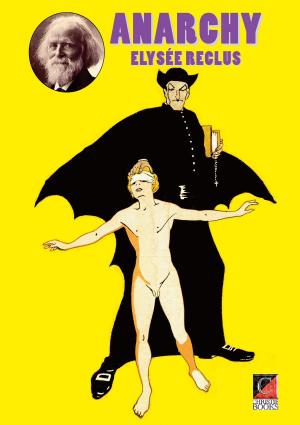Country Rambles, and Manchester Walks and Wild Flowers
Being Rural Wanderings in Cheshire, Lancashire, Derbyshire, and Yorkshire
Nonfiction, Science & Nature, Nature, Plant Life, Flowers, Biography & Memoir, History| Author: | Leo Hartley Grindon | ISBN: | 1230000305023 |
| Publisher: | SIMPKIN, MARSHALL, & CO. | Publication: | February 23, 2015 |
| Imprint: | Language: | English |
| Author: | Leo Hartley Grindon |
| ISBN: | 1230000305023 |
| Publisher: | SIMPKIN, MARSHALL, & CO. |
| Publication: | February 23, 2015 |
| Imprint: | |
| Language: | English |
Example in this ebook
The meanest floweret of the vale,
The simplest note that swells the gale,
The common sun, the air, the skies,
To him are opening Paradise.
Wide as may be the circle covered by a great town, we come to the country at last. Let the bricks and mortar stride far as they will over the greensward, there are always sanctuaries beyond—sweet spots where we may yet listen to the singing of the birds, and pluck the early primrose and anemone. We need but take our survey from a sufficiently high point, to see that the vastest mass of houses ever heaped together by man is still only an encampment in the fields. Like the waves of the sea upon the shores of the islands, the surge of the yellow corn is still close upon our borders. We need but turn our faces fondly towards rural things and rural sights, and we shall find them.
Manchester itself, grim, flat, smoky Manchester, with its gigantic suburb ever on the roll further into the plain, and scouts from its great army of masons posted on every spot available for hostile purposes,—Manchester itself denies to no one of its five hundred thousand, who is blessed with health and strength, the amenities and genial influences of the country. True, we have no grand scenery; no Clyde, no Ben Lomond, no Leigh Woods, no St. Vincent’s Rocks, no Clevedon, no Durdham Down; our rivers are anything but limpid; our mountains are far away, upon the horizon; our lakes owe less to nature than to art; as for waterfalls, we have none but in our portfolios. Still is our town bosomed in beauty. Though the magnificent and the romantic be wanting, we have meadows trimmed with wild–flowers, the scent of the new–mown hay and the purple clover; we have many a sweet sylvan walk where we may hear
The burnie wimplin’ doon the glen,
and many a grateful pathway under the mingled boughs of beech and chestnut. Next to a fine woman, the most delightful object in creation is a noble and well–grown tree,—a group of such trees always reminds us of a bevy of fair ladies; and dull and unthankful must be the man who, in the tranquil and sacred shades of Alderley and Dunham, cannot realise to himself the most genuine and heartfelt pleasure that trees and woods can give. If they be not so sumptuous as the oaks of Worcestershire, or so stately as the elms of Surrey, our trees are as leafy and as green, and their shadows fall as softly on the summer afternoon. The great secret in the enjoyment of nature, as in our intercourse with society, is to look at its objects in a friendly light, to make the most of them, such as they are; not invidiously contrasting them with certain other objects at a distance, but recognising that absolute and positive beauty which is possessed by the very humblest. Superadd to this the habit of connecting our own feelings and emotions with the forms of nature, and, however wanting in attractions to the mere adulator of “fine scenery,” every little flower, every bend of the branches, and sweet concurrent play of light and shade, every pendent shadow in the stream, becomes animated with a meaning and a power of satisfying such as none but those who accustom themselves to look for it here, can find in the most favoured and spacious landscape. Justly to appreciate the wonderful and rare, we must first learn to regard with a tender and intimate affection the common and the unpretending; in the degree that we withdraw from the latter, treating it with indifference or contempt, as surely does our capacity diminish for the former. The common things of earth are the most gracious gifts of God. None of us extract their full value, yet every man holds it in his power to make himself tenfold happier by a wise use of them. For true and continuous enjoyment of life is not attained by the gratification of high–flown and artificial wants, connected in large measure with the idea of pounds, shillings, and pence.
To be continue in this ebook
Example in this ebook
The meanest floweret of the vale,
The simplest note that swells the gale,
The common sun, the air, the skies,
To him are opening Paradise.
Wide as may be the circle covered by a great town, we come to the country at last. Let the bricks and mortar stride far as they will over the greensward, there are always sanctuaries beyond—sweet spots where we may yet listen to the singing of the birds, and pluck the early primrose and anemone. We need but take our survey from a sufficiently high point, to see that the vastest mass of houses ever heaped together by man is still only an encampment in the fields. Like the waves of the sea upon the shores of the islands, the surge of the yellow corn is still close upon our borders. We need but turn our faces fondly towards rural things and rural sights, and we shall find them.
Manchester itself, grim, flat, smoky Manchester, with its gigantic suburb ever on the roll further into the plain, and scouts from its great army of masons posted on every spot available for hostile purposes,—Manchester itself denies to no one of its five hundred thousand, who is blessed with health and strength, the amenities and genial influences of the country. True, we have no grand scenery; no Clyde, no Ben Lomond, no Leigh Woods, no St. Vincent’s Rocks, no Clevedon, no Durdham Down; our rivers are anything but limpid; our mountains are far away, upon the horizon; our lakes owe less to nature than to art; as for waterfalls, we have none but in our portfolios. Still is our town bosomed in beauty. Though the magnificent and the romantic be wanting, we have meadows trimmed with wild–flowers, the scent of the new–mown hay and the purple clover; we have many a sweet sylvan walk where we may hear
The burnie wimplin’ doon the glen,
and many a grateful pathway under the mingled boughs of beech and chestnut. Next to a fine woman, the most delightful object in creation is a noble and well–grown tree,—a group of such trees always reminds us of a bevy of fair ladies; and dull and unthankful must be the man who, in the tranquil and sacred shades of Alderley and Dunham, cannot realise to himself the most genuine and heartfelt pleasure that trees and woods can give. If they be not so sumptuous as the oaks of Worcestershire, or so stately as the elms of Surrey, our trees are as leafy and as green, and their shadows fall as softly on the summer afternoon. The great secret in the enjoyment of nature, as in our intercourse with society, is to look at its objects in a friendly light, to make the most of them, such as they are; not invidiously contrasting them with certain other objects at a distance, but recognising that absolute and positive beauty which is possessed by the very humblest. Superadd to this the habit of connecting our own feelings and emotions with the forms of nature, and, however wanting in attractions to the mere adulator of “fine scenery,” every little flower, every bend of the branches, and sweet concurrent play of light and shade, every pendent shadow in the stream, becomes animated with a meaning and a power of satisfying such as none but those who accustom themselves to look for it here, can find in the most favoured and spacious landscape. Justly to appreciate the wonderful and rare, we must first learn to regard with a tender and intimate affection the common and the unpretending; in the degree that we withdraw from the latter, treating it with indifference or contempt, as surely does our capacity diminish for the former. The common things of earth are the most gracious gifts of God. None of us extract their full value, yet every man holds it in his power to make himself tenfold happier by a wise use of them. For true and continuous enjoyment of life is not attained by the gratification of high–flown and artificial wants, connected in large measure with the idea of pounds, shillings, and pence.
To be continue in this ebook















